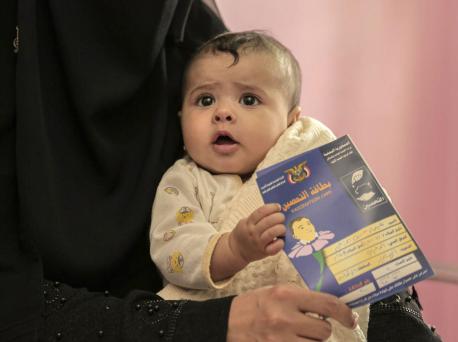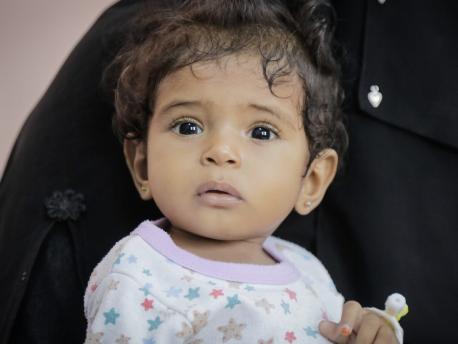
A Rohingya Girl Tells How Her Family Escaped Violence in Myanmar
A widespread campaign of brutal violence, including gang rapes and massacres, has driven waves of Rohingya refugees from Myanmar into Bangladesh since last August, in what United Nations High Commissioner for Human Rights Zeid Ra-ad Al Hussein has called "a textbook example of ethnic cleansing." The impoverished ethnic Muslim minority group has lived on land in present-day Myanmar since the 12th century. Denied citizenship in Myanmar, the Rohingya have long faced persecution in the predominantly Muslim country.
Twelve-year-old Umme and her family are among the estimated 1.2 million Rohingya who have been fled their homes in the recent military crackdown. They now live in a makeshift settlement in Cox's Bazar, Bangladesh. "Houses were burning and there were rocket launchers," Umme says of her family's last days in Myanmar. "They were burning villages and we couldn't move. We couldn't go to the forest or fish, so we couldn't eat. That's why we fled here."
See Umme tell her story:
Bangladesh's Ambassador to the United Nations, Masud Bin Momen, has called the Rohingya "the most persecuted minority in the world." Seven months into the crisis, traumatized Rohingya are still arriving in Bangladesh at the rate of 1,000 or more a week. Now a new crisis looms: Landslides and flooding caused by the monsoon season threaten to engulf the already crowded refugee camps.
To prepare for the storms to come, UNICEF and partners are prepositioning water storage tanks, relocating toilets and water distribution points to higher ground and installing elevated latrines in lower areas. Vaccination teams have fanned out to administer oral cholera vaccine to 1.1 million people and to ensure that children under the age of 2 receive their full range of immunizations.
UNICEF has been on the ground since this humanitarian crisis began, screening and treating malnourished children, distributing hygiene kits and water purification tablets, and setting up Child-Friendly Spaces where traumatized children can go to learn, play and feel safe again. "After coming here, I feel happy," says Umme. "I feel relieved. We couldn't have stayed there."
Help UNICEF deliver lifesaving supplies and assistance to Rohingya refugee families during monsoon season. Your contribution can make a difference.
Top photo: Twelve-year-old Umme and her family are among the estimated 1.2 million Rohingya who have been displaced by brutal violence in Myanmar since August. © UNICEF
HOW TO HELP
There are many ways to make a difference
War, famine, poverty, natural disasters — threats to the world's children keep coming. But UNICEF won't stop working to keep children healthy and safe.
UNICEF works in over 190 countries and territories — more places than any other children's organization. UNICEF has the world's largest humanitarian warehouse and, when disaster strikes, can get supplies almost anywhere within 72 hours. Constantly innovating, always advocating for a better world for children, UNICEF works to ensure that every child can grow up healthy, educated, protected and respected.
Would you like to help give all children the opportunity to reach their full potential? There are many ways to get involved.





